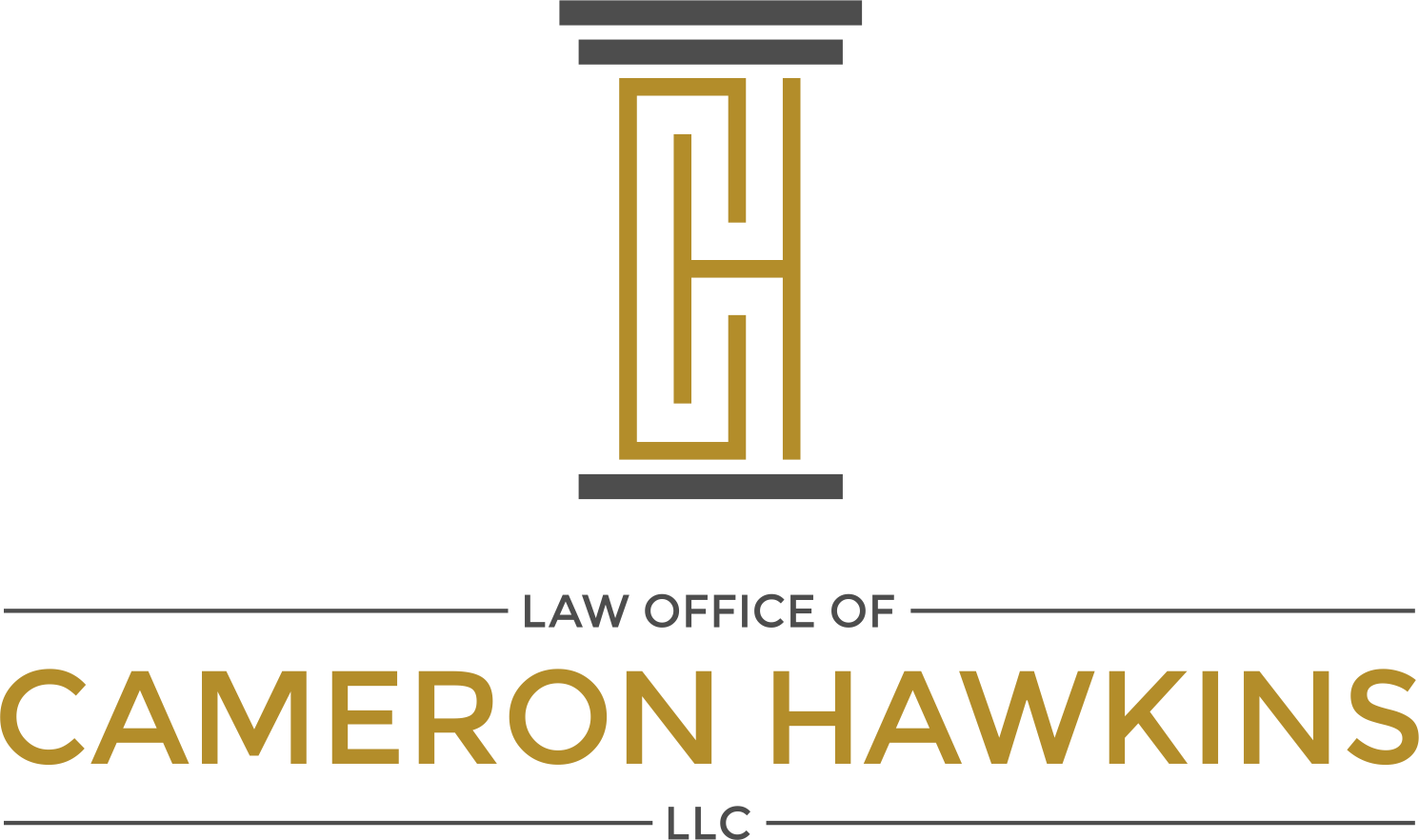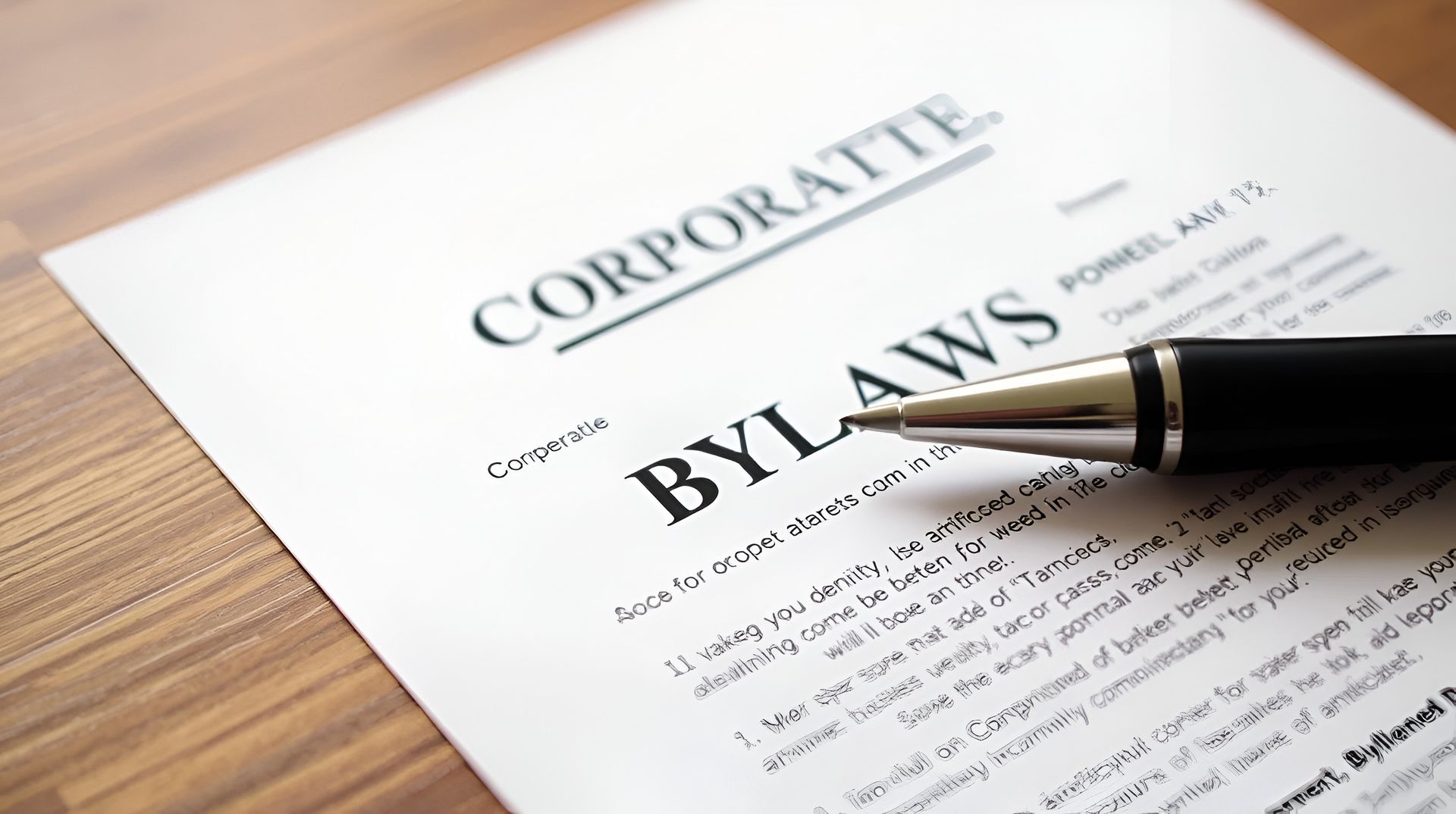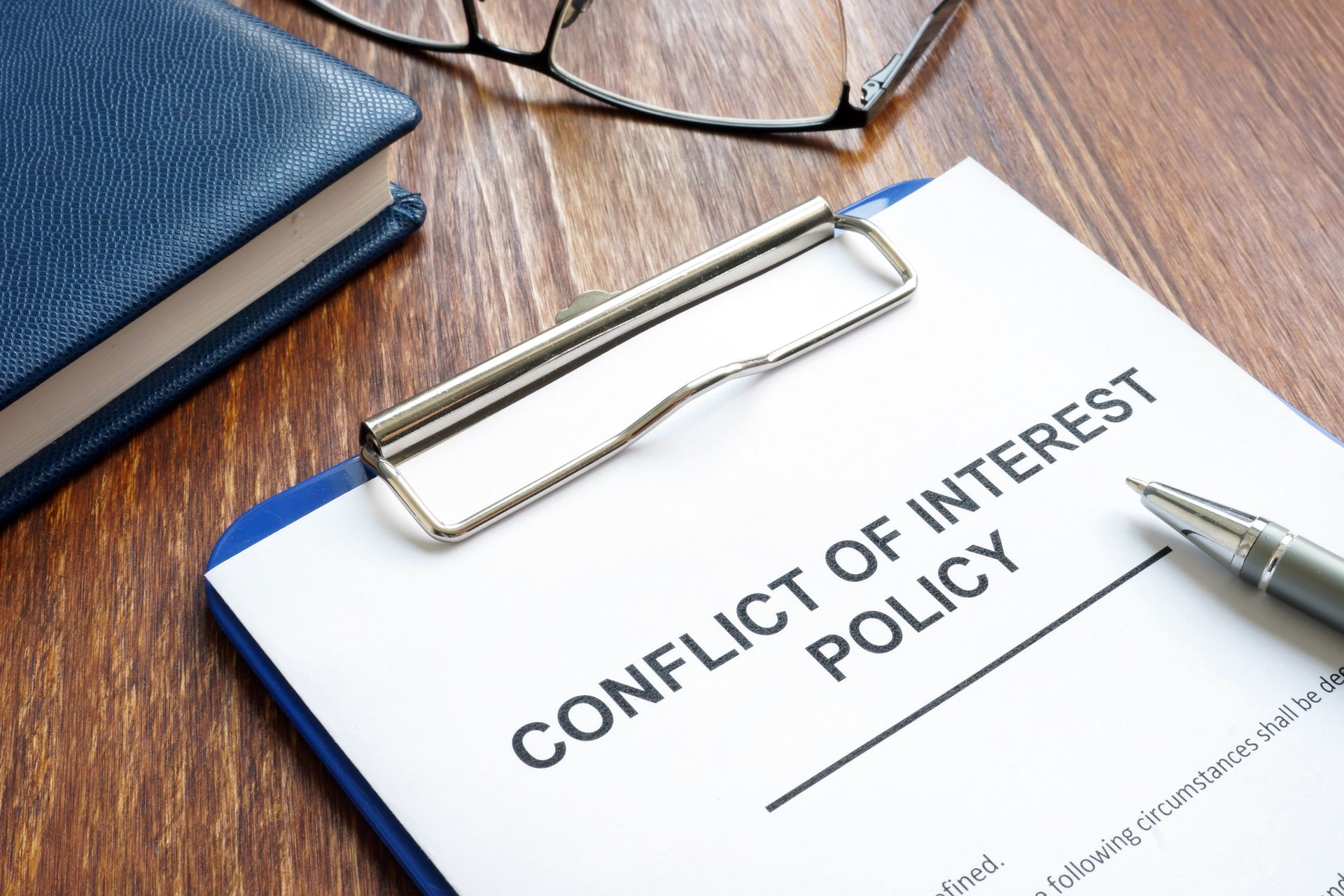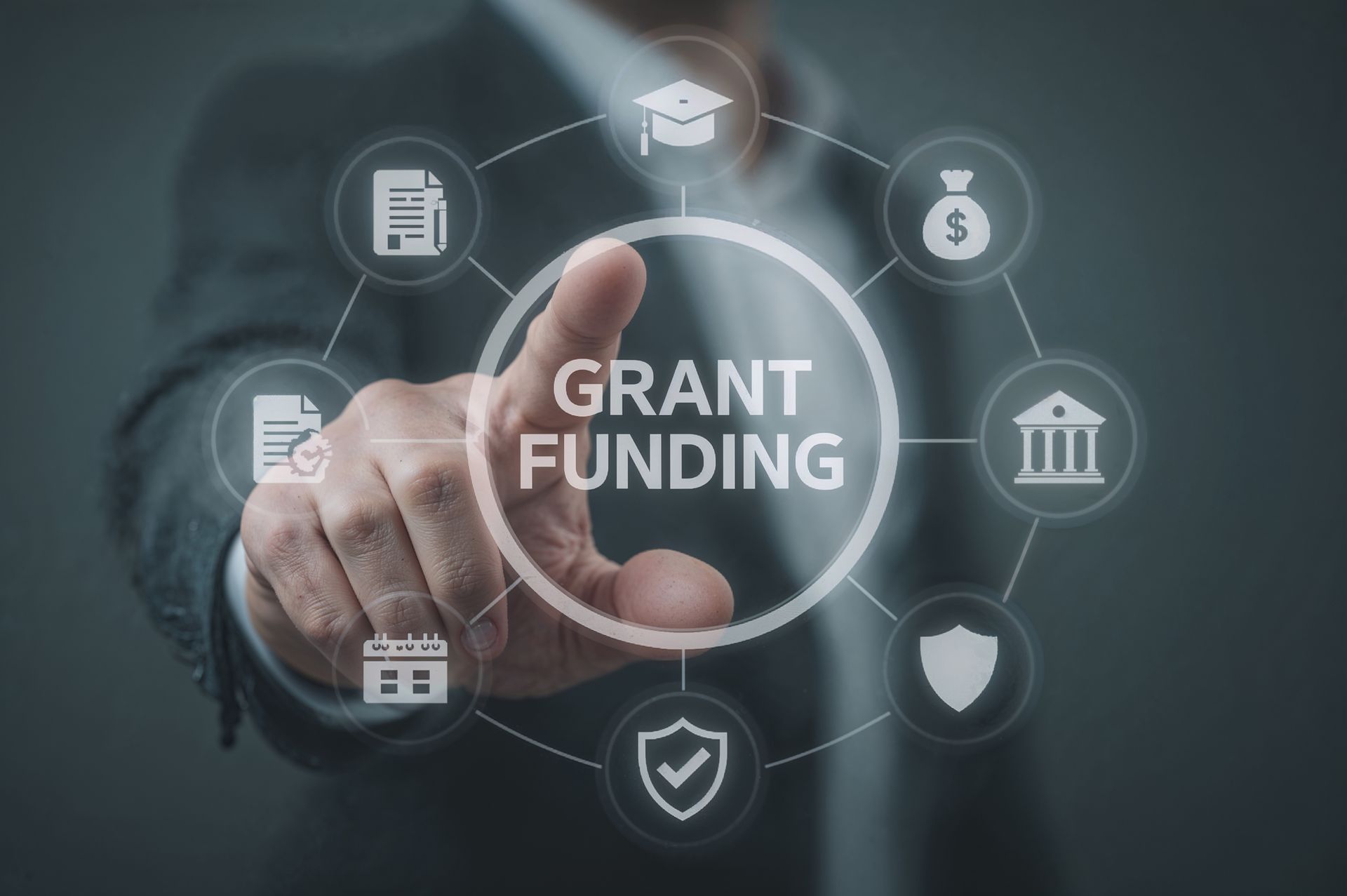Blog

Events are the lifeblood of many nonprofits in Atlanta. For some organizations, they account for the majority of fundraising revenue, provide the most effective platform for sharing their message, and serve as a vital tool for recruiting volunteers and members.
All those benefits can be overshadowed by mistakes in permits, contracts, or liability waivers.
Permits and Regulatory Approvals
The City of Atlanta requires permits through its Office of Special Events for large gatherings in parks or on city property, along with additional approvals for street closures, amplified sound, or food vendors. Other cities in the metro area, like Sandy Springs and Marietta, have similar requirements for the use of public spaces, and often mandate police coordination or traffic plans for runs, parades, or other large-scale fundraisers.
Overlooking these rules can put an event, and the nonprofit, at risk.
A gala serving alcohol will usually need a special event liquor license. A charity run often requires street closure permits, coordination with local law enforcement and the Mayor’s Office of Special Events (MOSE), and possibly approval from public works or parks departments. Even smaller gatherings can trigger rules around food service, amplified sound, or raffles.
Nonprofits should also consider state-level charitable solicitation laws. In Georgia, charities raising funds through public events must be registered with the Secretary of State. Failing to secure the right permits and approvals doesn’t just risk fines; it can result in an event being canceled at the last minute, damaging both finances and reputation.
Contracts with Vendors and Venues
Every major event relies on vendors: caterers, musicians, decorators, photographers, AV companies, and venues. Each relationship creates potential liability if it isn’t governed by a clear, written contract. Key contract terms to review include:
- Indemnification clauses: These determine who bears responsibility if something goes wrong. Without careful review, a nonprofit could end up covering damages caused by a vendor.
- Cancellation policies: If a storm, illness, or emergency forces cancellation, the nonprofit needs to know what fees are refundable and what costs remain.
- Insurance requirements: Contracts should specify that vendors carry their own liability insurance.
For example, if a nonprofit books a hotel ballroom for an auction without negotiating indemnification language, it could be held responsible if a guest is injured due to the venue’s negligence. Contracts protect the organization from being left on the hook for someone else’s mistakes.
Liability Waivers for Participants
Physical events bring their own risks. Charity runs, golf tournaments, and fitness fundraisers are popular because they build community engagement, but they also increase the chance of participant injury.
A liability waiver clarifies that participants understand and accept the risks associated with the event. Waivers should be:
- Written in plain language.
- Tailored to the specific activity.
- Signed by each participant (or a parent/guardian for minors).
While a waiver won’t eliminate all potential liability, particularly from gross negligence, reckless conduct, or intentional harm, it demonstrates that the nonprofit took reasonable precautions and helps limit exposure if a participant is injured.
Insurance Coverage
Even with permits, contracts, and waivers in place, insurance is essential. Event-specific coverage can provide a safety net against unexpected problems.
Typical policies cover property damage, participant injuries, and event cancellation due to weather or other unforeseen circumstances. For example, if a guest trips over staging equipment at a silent auction and suffers an injury, event insurance can help cover legal costs and damages. Without it, the nonprofit may be forced to pay out of pocket.
Practical Event Compliance Checklist
- Research local permitting requirements for gatherings, food service, alcohol, and raffles. In a metro area that’s spread over five counties and includes dozens of cities and towns, it’s important to ensure your event is compliant with the specific rules for the area where the event is held.
- Confirm contracts include clear cancellation terms and indemnification language.
- Require all vendors to carry adequate insurance.
- Draft liability waivers tailored to physical or high-risk activities.
- Purchase event insurance for added protection.
- Train staff and volunteers on emergency procedures.
- Review marketing materials, as overpromising in promotions can create liability if commitments can’t be met.
An Atlanta Nonprofit Attorney Can Help You Protect Your Fundraising Efforts
Fundraising events are critical to nonprofit success, but they come with legal responsibilities that can’t be overlooked. From navigating permitting requirements to drafting contracts and liability waivers, legal oversight helps prevent costly mistakes.
Atlanta nonprofit attorney Cameron Hawkins can review event plans, negotiate vendor agreements, and ensure you remain compliant with state and local rules. Call 678-921-4225 to schedule a consultation today.
